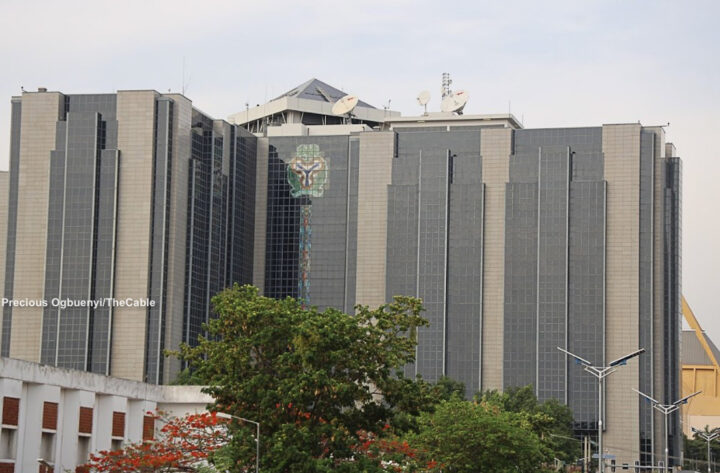LCCI insists FG's policies compounding economic hardship
Two years into the current administration of President Tinubu, the Director-General of Lagos Chamber of Commerce and Industry (LCCI), Dr. Chinyere Almona, has decried the current macroeconomic situation, noting that the government’s various policy shifts, whilst promising long-term benefits, have also imposed hardships on businesses and households.
She noted that particularly affected are small and medium-sized enterprises (SMEs), which are supposed to be the backbone of the economy.
Almona lamented that manufacturing and agriculture, the two major drivers of the economy, continue to struggle due to high production costs, insecurity, and logistical inefficiencies, limiting business competitiveness.
“Inflation remains a critical challenge, at 23.71 per cent as of April 2025. Fuel subsidy removal and FX liberalisation increased prices, especially for transportation and food. The removal of fuel subsidy supposedly freed up an estimated $7.5 billion yearly but tripled fuel costs. While this improves the fiscal outlook, it increases business operating expenses, particularly logistics, agro-processing and retail SMEs,” she said.
She said that despite the FG’S FX reforms, businesses still face challenges accessing it for imports, and many continue to price goods defensively due to volatility concerns. She added that public debt rose to ₦144.67 trillion, with debt service still consuming over 90 per cent of federal revenue and urged the government to consider cheaper sources of debt while deploying debt into the real economy to subsidise production.
“Inflationary pressures have reached historic highs, driven by high energy costs, food insecurity, FX instability and weak industrial productivity. There are also growing concerns about policy coordination. While monetary authorities target inflation, fiscal policy expands through borrowing and recurrent expenditure. This divergence has weakened the impact of economic interventions and eroded investor confidence,” she noted.
Listing the numerous challenges, which businesses in the country face, she said these include limited access to affordable credit due to high interest rates; unstable power supply and rising energy costs; regulatory bottlenecks and multiplicity of taxes at all tiers of government, FX scarcity and import restrictions and alarming insecurity that disrupt supply chains and raise operational risks. These challenges, she said, have led to business closures, job losses and reduced output across multiple sectors.
Urging the government not to celebrate yet but swing into action, she called for enhanced policy coordination, especially synergy between monetary and fiscal policies; improving ease of doing business; scaling targeted SME support; improving infrastructure and expansion of social safety nets.












